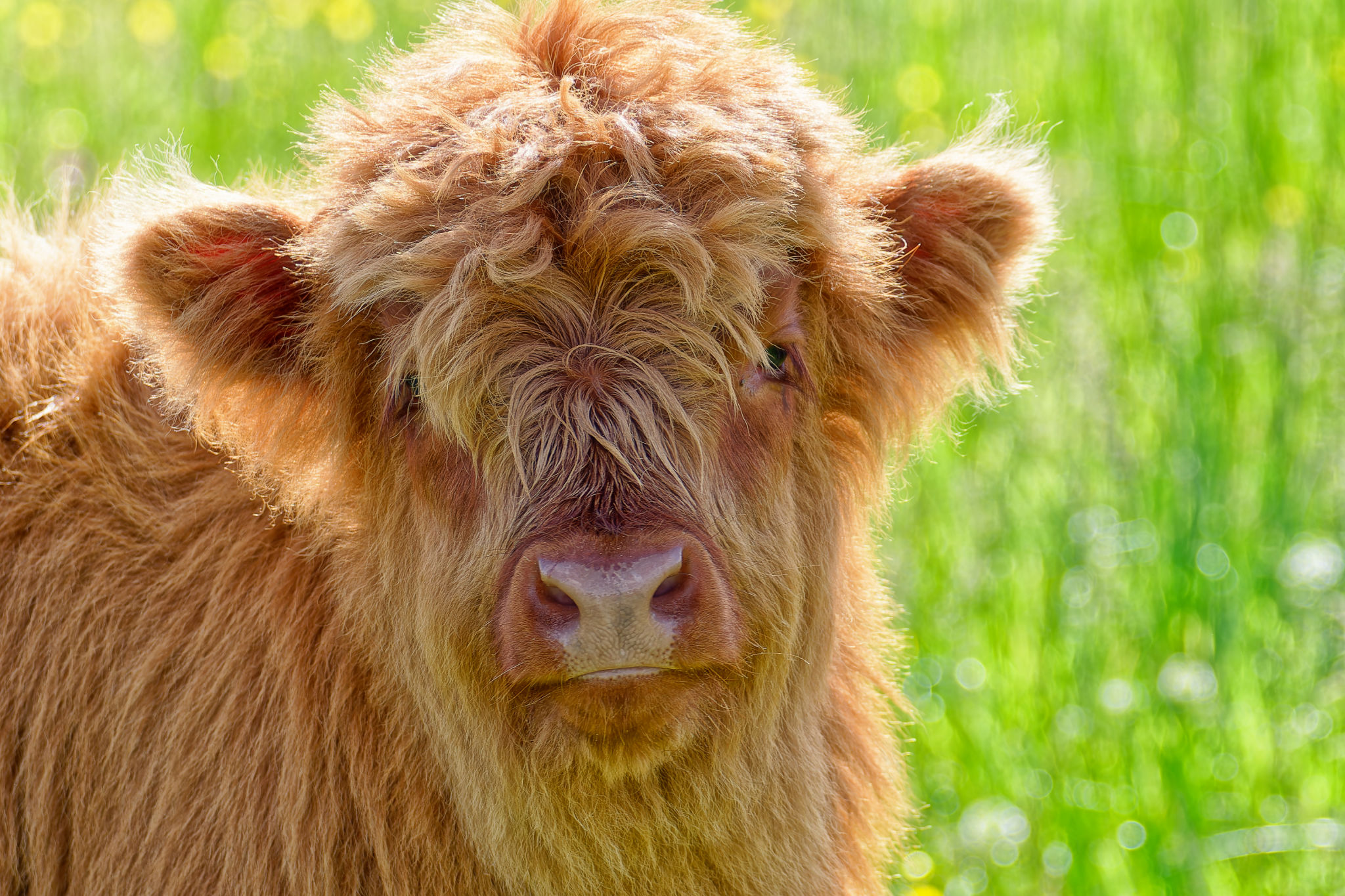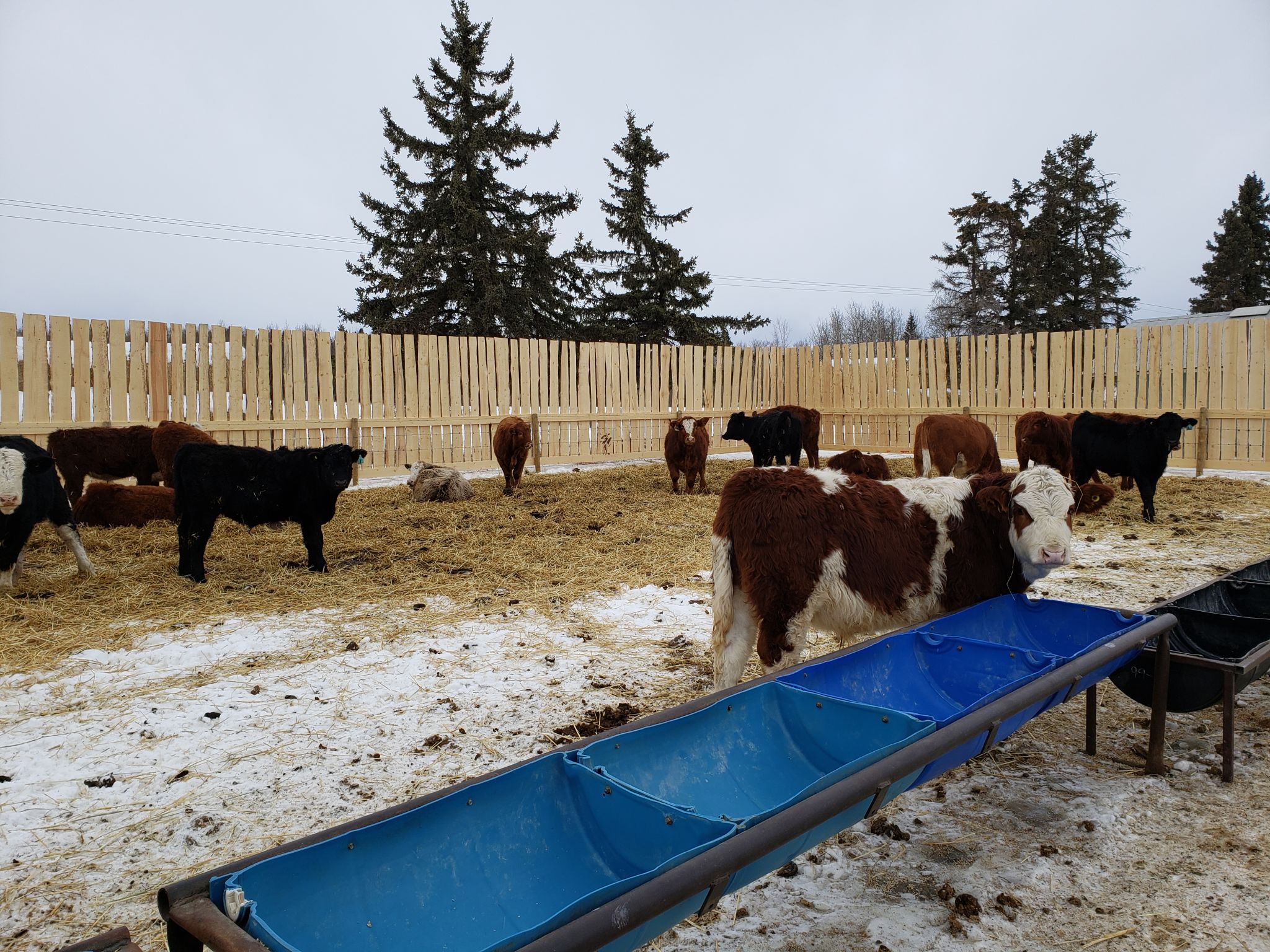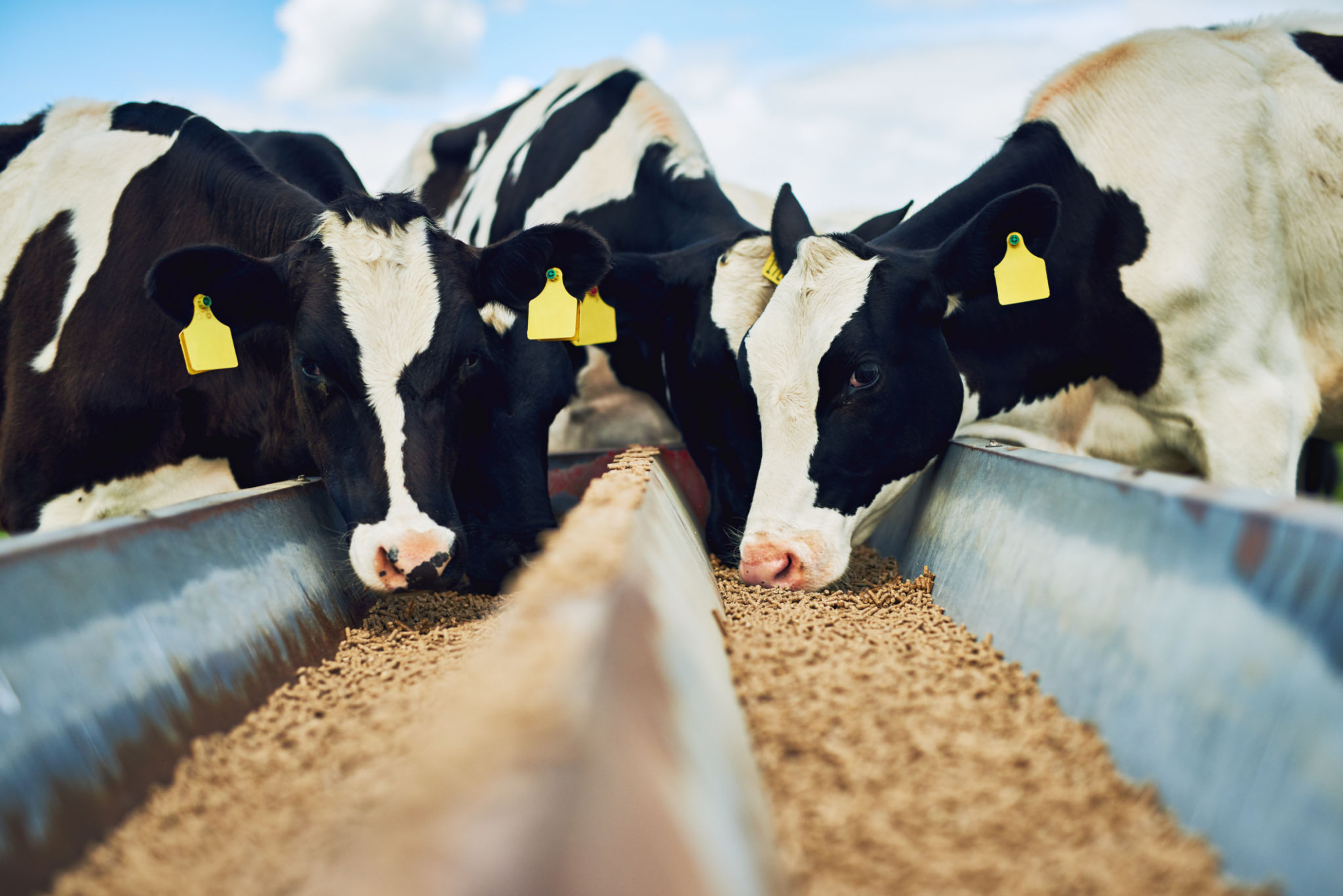How to Care for Mini Highland Cattle: Tips for New Owners
Introduction to Mini Highland Cattle
Mini Highland cattle are a delightful addition to any small farm or homestead. These charming animals are known for their shaggy coats and distinctive horns, making them not only a unique choice but also a manageable livestock option. For new owners, proper care is essential to ensure these gentle creatures thrive in their new environment.

Understanding Their Space Requirements
One of the first considerations for mini Highland cattle is the space they need. Unlike larger breeds, minis require less room, but it's still crucial to provide them with ample grazing land. Ideally, each cow should have access to at least an acre of pasture. This helps maintain their health by ensuring they get enough exercise and access to fresh grass.
Fencing and Shelter
Secure fencing is a must for mini Highland cattle. These animals are naturally curious and can sometimes wander off if given the chance. A sturdy fence will keep them safe and contained. Additionally, providing a simple shelter is essential to protect them from harsh weather conditions. The shelter should be well-ventilated and large enough to accommodate all animals comfortably.

Feeding and Nutrition
Mini Highland cattle have dietary needs that must be met to keep them healthy. While they primarily graze on grass, it’s important to supplement their diet with quality hay, especially during the winter months when pasture may not be available. Ensure they have constant access to clean water as dehydration can lead to serious health issues.
Supplements and Minerals
In addition to their regular diet, mini Highland cattle benefit from mineral supplements. These can be provided in the form of salt licks or mineral blocks, which help fulfill nutritional gaps that might occur from grazing alone. It's always wise to consult with a veterinarian to tailor a nutrition plan specific to the needs of your herd.

Health and Veterinary Care
Regular veterinary care is crucial for maintaining the health of mini Highland cattle. Schedule routine check-ups to monitor their overall health, vaccinations, and parasite control. Being proactive about health can prevent many common issues and ensure your cattle live long, healthy lives.
Recognizing Signs of Illness
As a new owner, it's important to familiarize yourself with common signs of illness in cattle. Look out for symptoms such as lethargy, lack of appetite, or any unusual behavior. Early detection and intervention can often prevent minor issues from becoming major health concerns.
Handling and Socialization
Mini Highland cattle are known for their gentle nature, but proper handling and socialization are key to fostering a trusting relationship. Spend time with your cattle daily to get them accustomed to human interaction. This not only helps in building trust but also makes handling them much easier when veterinary care or grooming is required.

Caring for mini Highland cattle can be a rewarding experience. By providing them with the right environment, nutrition, and care, you ensure they lead happy and healthy lives. Whether you're adding them to an existing farm or starting fresh, these tips will set you on the right path as a responsible and successful mini Highland cattle owner.